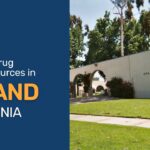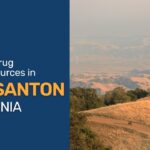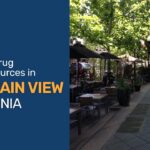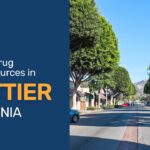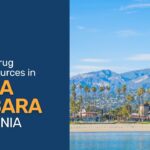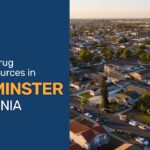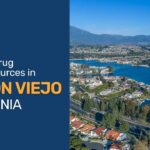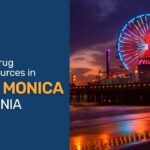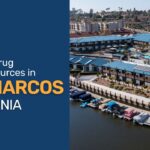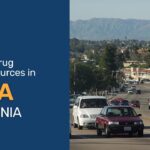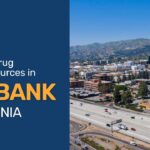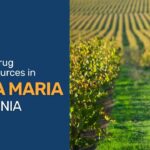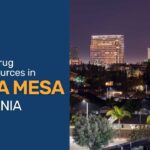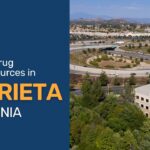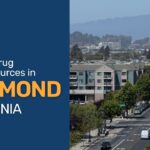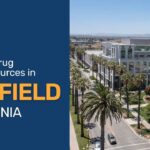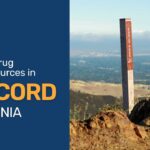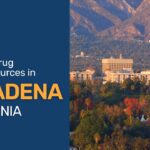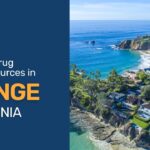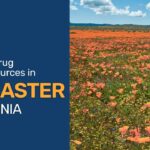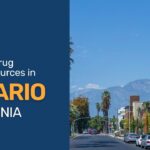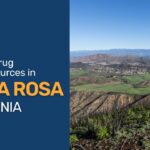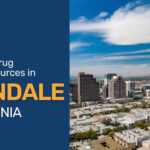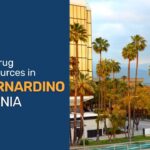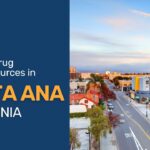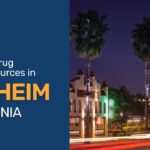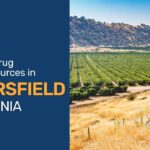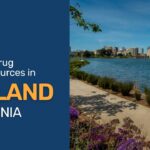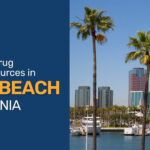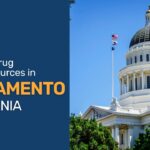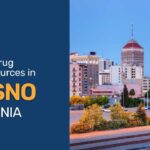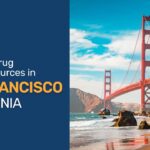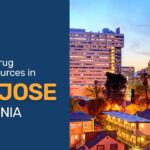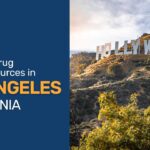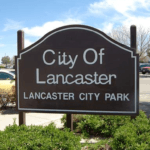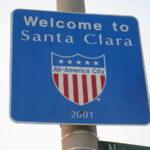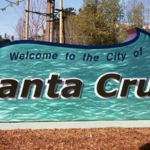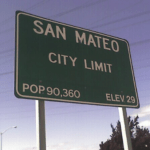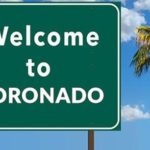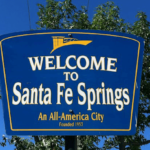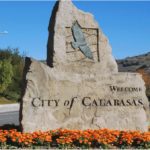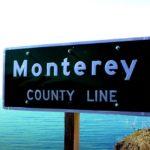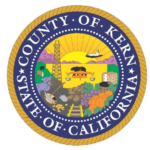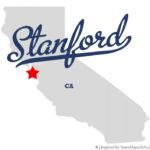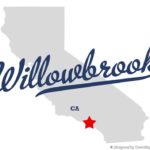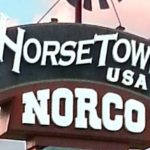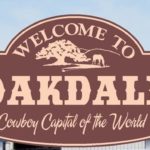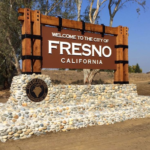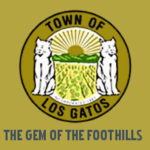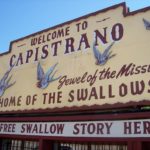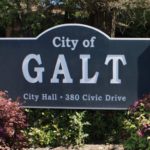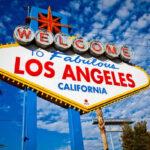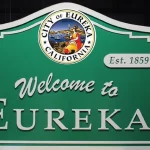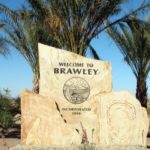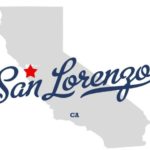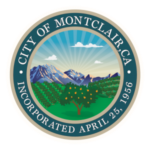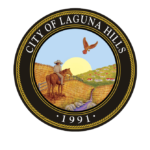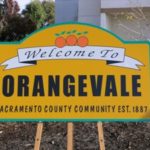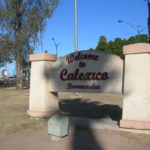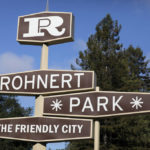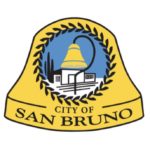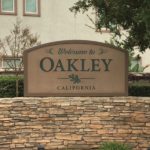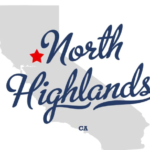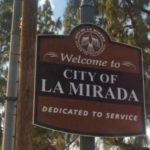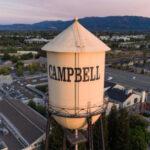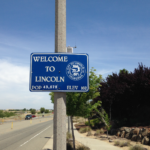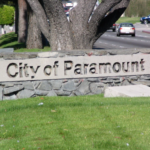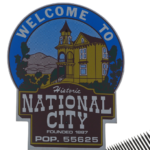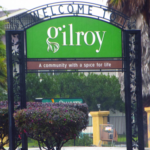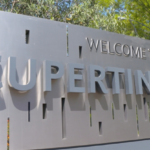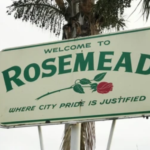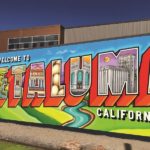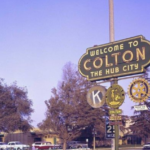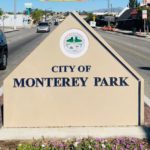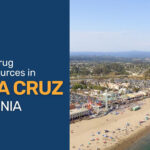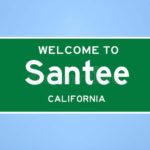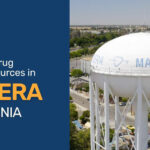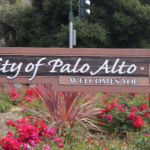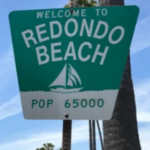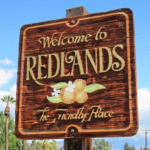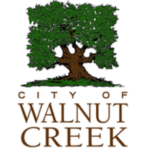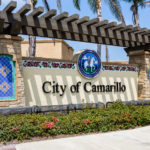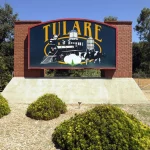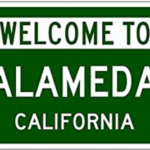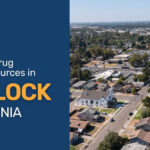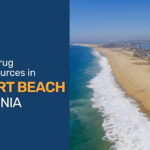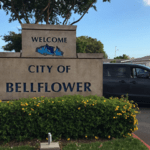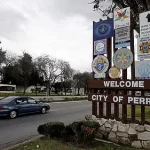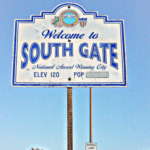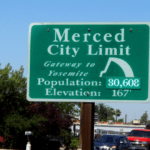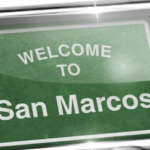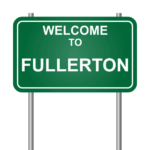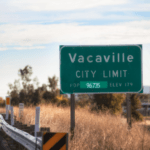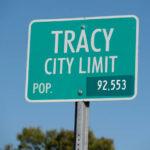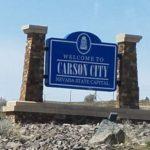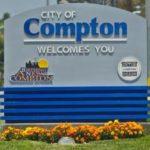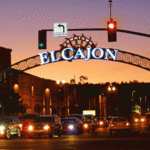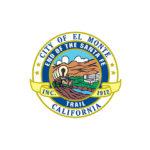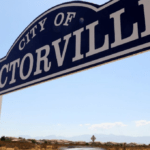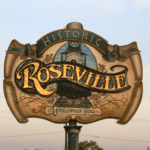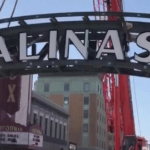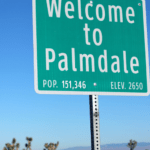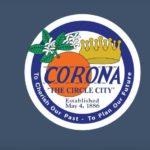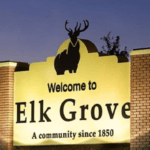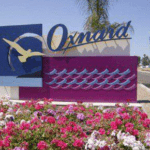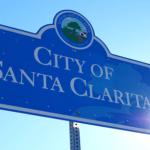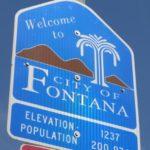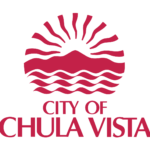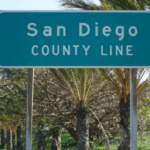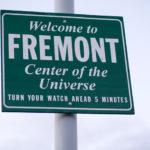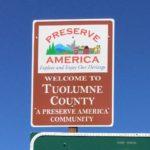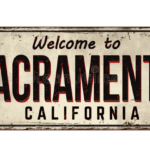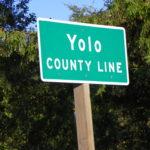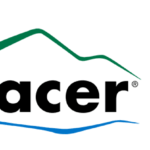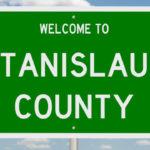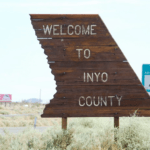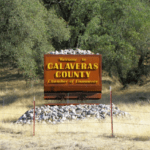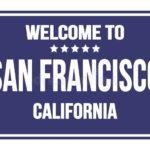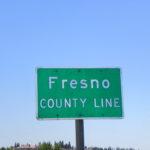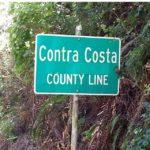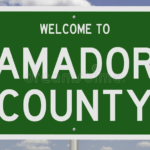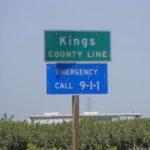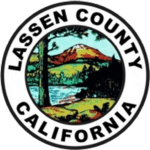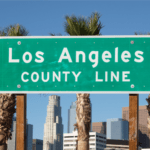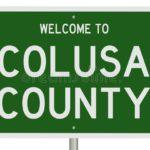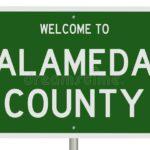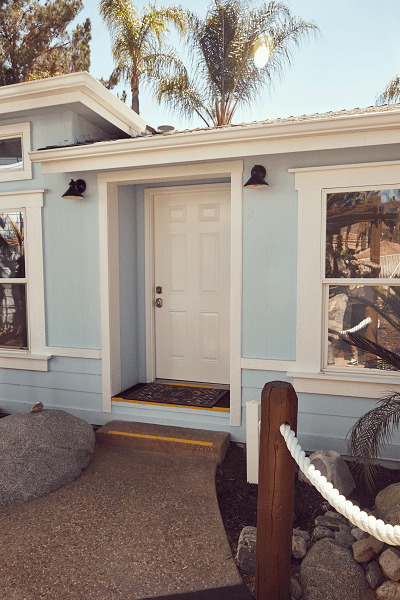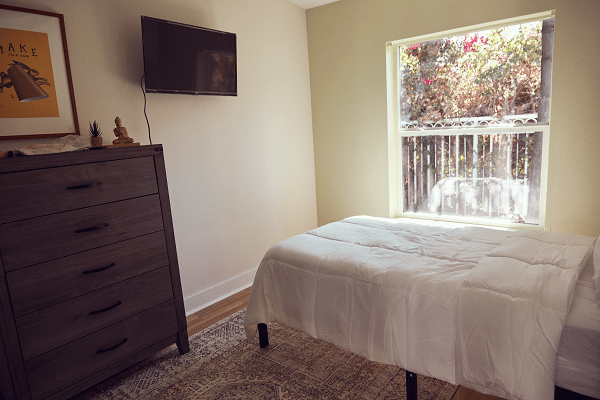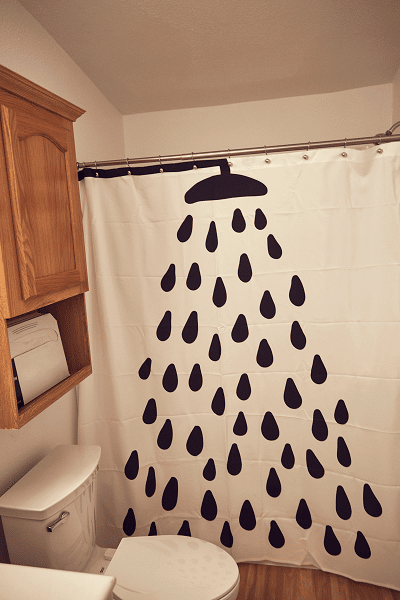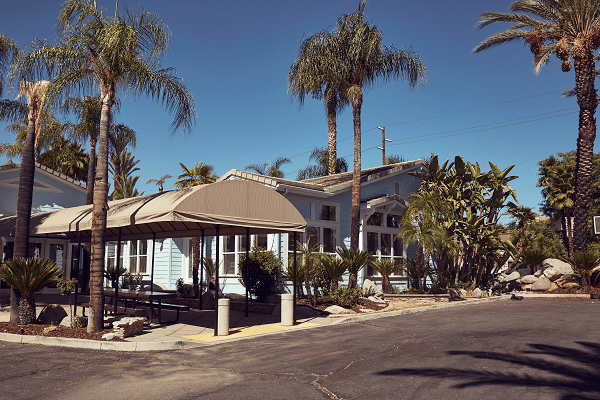Drug Rehab California
In the golden state of California, the allure of sunny skies and picturesque landscapes often overshadows a pressing concern: substance abuse. As we delve into drug rehabilitation in California, it is essential to address two fundamental questions that underlie the complex web of addiction and recovery within the state. Firstly, “What drugs are legal in California?” And secondly, a stark and unsettling inquiry, “What are the worst drug cities in California?” This article sheds light on the state’s approach to drug policy, its challenges, and the resources available to those seeking sobriety.
Are you or a loved one struggling with addiction and needing help finding the right treatment center in California? Seeking help from addiction treatment centers in California, such as We Level Up Treatment Center California, can be the first step toward recovery and a healthier, happier life.
What Drugs Are Legal in California?
In California, the following drugs were legal for medical and recreational use:
- Cannabis (Marijuana): California was one of the first states in the U.S. to legalize medical marijuana in 1996, and later, in 2016, it legalized recreational marijuana for adults aged 21 and older.
- Prescription Medications: Prescription drugs are legal when used according to a valid prescription from a licensed medical professional. However, misuse or possession without a prescription can lead to legal consequences.
It’s crucial to understand that while these substances may be legal under certain circumstances, they are subject to strict regulations and guidelines. Additionally, the legal status of drugs can change over time due to shifts in legislation or public policy. Always consult the most current California state laws and regulations for accurate information regarding drug legality.
How Long is Drug Rehab in California?
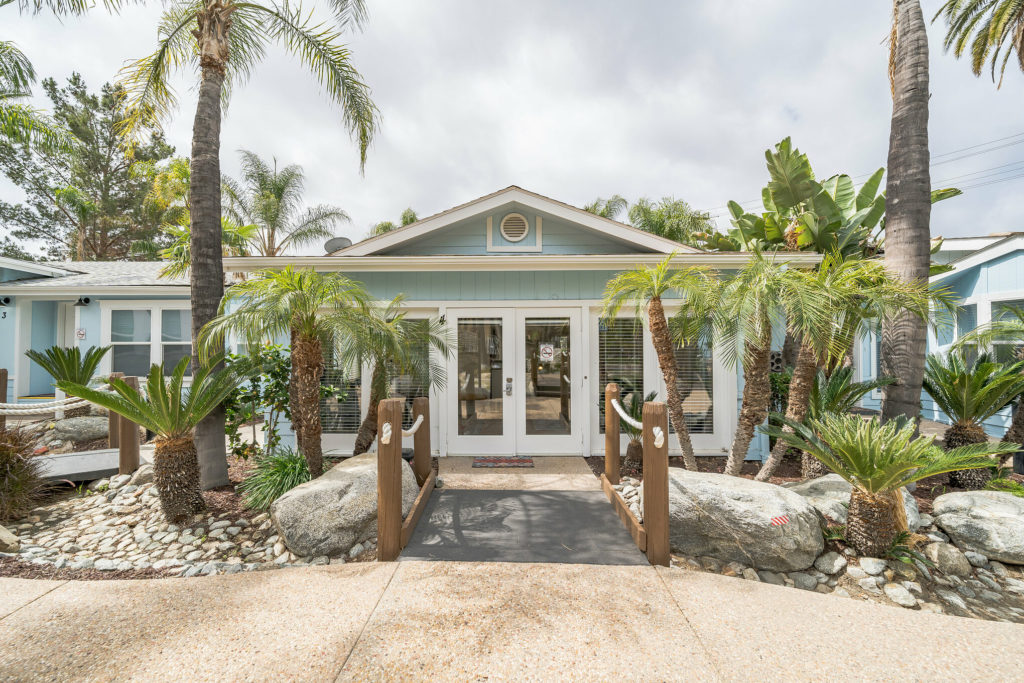
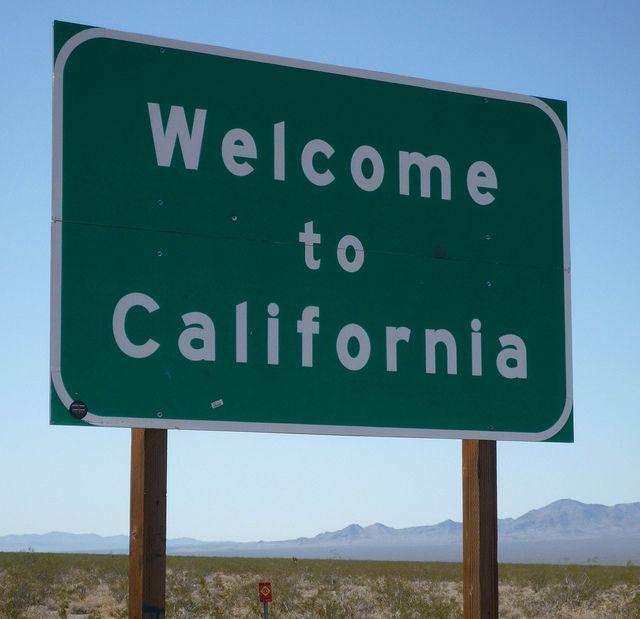
Skip To:
Learn More:
The duration of drug rehab programs in California can vary widely depending on several factors, including the individual’s specific needs, the type of program, and the severity of their addiction. Here are some general guidelines regarding the typical durations for different types of drug rehab programs in California:
- Short-term Programs: Short-term drug rehab programs often last around 28 to 30 days. These programs are designed for individuals with less severe addictions and provide an intensive but relatively brief treatment period.
- Long-term Programs: Long-term drug rehab programs typically last 60 days, 90 days, or even longer. These programs are often recommended for individuals with more severe addictions or those who have relapsed after previous treatment.
- Outpatient Programs: Outpatient drug rehab programs can vary in duration, but they generally provide treatment on a part-time basis, allowing individuals to continue with their daily lives. Outpatient programs may last several months or more, depending on the individual’s progress.
- Residential or Inpatient Programs: Inpatient drug rehab programs, where individuals live at the treatment facility, can range from 28 days to several months. The length of stay is determined based on the person’s progress and treatment plan.
- Aftercare and Continuing Care: After completing a formal drug rehab program, individuals may participate in aftercare or continuing care programs, extending for several months to a year or more. These programs provide ongoing support and relapse prevention strategies.
It’s important to note that the ideal duration of drug rehab can vary for each person based on their unique circumstances, such as the type and severity of their addiction, their response to treatment, and their personal goals. Treatment professionals will assess each individual and recommend an appropriate duration based on their needs.
If you or someone you know is considering drug rehab in California, it’s essential to consult with a healthcare professional or addiction specialist to determine the most suitable treatment plan, including the duration of treatment.
Drug Rehab California Fact Sheet
Overview:
- California is home to diverse drug rehabilitation programs and services catering to individuals struggling with substance abuse and addiction.
- The state offers a comprehensive addiction treatment approach, including public and private treatment centers.
Types of Drug Rehab Programs:
- Inpatient/Residential Treatment: These programs provide 24/7 care in a controlled environment. They suit individuals with severe addiction and those requiring a structured, supportive setting.
- Outpatient Treatment: Outpatient programs allow individuals to receive treatment at home. They are flexible and vary in intensity, making them ideal for people with milder substance use disorders or those transitioning from inpatient care.
- Medication-Assisted Treatment (MAT): MAT combines medication with counseling and therapy to treat opioid or alcohol addiction. Common medications include methadone, buprenorphine, and naltrexone.
- Dual Diagnosis Treatment: These programs address substance abuse and co-occurring mental health disorders, providing integrated care for individuals with dual diagnoses.
Duration of Treatment:
- Drug rehab programs in California can range from 28 days for short-term programs to several months for long-term or residential programs. Outpatient and aftercare programs can extend for several months to a year or more, depending on the individual’s needs.
Insurance Coverage:
- Many drug rehab facilities in California accept health insurance plans, including private insurance and Medicaid (Medi-Cal in California). Insurance coverage can help offset the cost of treatment.
Cost of Treatment:
- The cost of drug rehab in California varies widely depending on the type of program, duration, and amenities offered. It can range from thousands to tens of thousands of dollars.
Aftercare and Support:
- Aftercare and ongoing support programs are crucial for maintaining recovery. These may include counseling, support groups, and sober living arrangements.

Get Your Life Back
Find Hope & Recovery. Get Safe Comfortable Detox, Addiction Rehab & Dual Diagnosis High-Quality Care.
Hotline(844) 597-1011California Drug Rehab Statistics
Understanding the scope and impact of drug rehab in California requires a closer look at the statistics and trends that shape this critical facet of public health. This article delves into California’s drug rehab statistics, shedding light on the prevalence of substance abuse, the types of drugs involved, the utilization of treatment resources, and the ongoing efforts to combat addiction within the state. By examining these statistics, we gain valuable insights into the state’s progress, persistent challenges, and the vital role of drug rehabilitation programs in helping individuals find their path to recovery in the Golden State.
- Substance Abuse Prevalence:
- In California, substance abuse was a significant public health concern. Alcohol and illicit drug use affected a substantial portion of the population.
- Primary Drugs of Abuse:
- The most commonly abused substances included alcohol, marijuana, opioids (including prescription painkillers and heroin), methamphetamine, and cocaine.
- Treatment Admissions:
- Thousands of individuals sought treatment for substance use disorders each year in California. Treatment admissions included both voluntary and court-ordered admissions.
- Opioid Crisis:
- Like many other states, California grappled with the opioid crisis. Efforts were made to expand access to opioid addiction treatment, including medications like methadone and buprenorphine.
6.8 million
GAD affects 6.8 million adults or 3.1% of the U.S. population, yet only 43.2% receive treatment.
Source: National Institute on Mental Health
19 million
Nineteen million adults experience specific phobias, making it America’s most common anxiety disorder.
Source: ADAA, 2020
17.3 million
Major depressive disorder affects approximately 17.3 million American adults, or about 7.1% of the U.S. population aged 18 and older.
Source: National Institute of Mental Health
Worst Drug Cities in California
- Los Angeles: The largest city in California, Los Angeles has had its share of drug-related issues, particularly in areas with high poverty rates and limited treatment services.
- San Francisco: The city has been at the forefront of addressing drug addiction, including the opioid crisis, focusing on harm reduction strategies and supervised injection sites.
- Oakland: Like many urban areas, Oakland has faced issues related to drug abuse, particularly in underserved neighborhoods.
- San Diego: San Diego, located near the U.S.-Mexico border, has had challenges associated with drug trafficking and substance abuse.
- Fresno: Fresno County has struggled with opioid addiction and related issues.
- Bakersfield: Bakersfield has faced challenges related to methamphetamine abuse, among other substances.
These cities have been notable for addressing drug abuse and addiction issues, with various programs and initiatives addressing these challenges.
Zombie Drug in California
“Zombie drug” is a colloquial term often used to refer to synthetic or designer drugs, particularly synthetic cathinones. In California, as in other parts of the United States, synthetic cathinones or “zombie drugs” have been a concern. These drugs can go by various street names such as “bath salts,” “flakka,” or “gravel.” They are chemically designed to mimic the effects of stimulants like amphetamines or MDMA (ecstasy). However, they can have severe and sometimes harmful side effects, including extreme agitation, paranoia, hallucinations, and violent or erratic behavior.
It’s important to note that these substances are typically sold illegally, often labeled as “not for human consumption” to circumvent drug laws. The exact chemical composition of synthetic cathinones can vary from batch to batch, making them particularly risky for users.
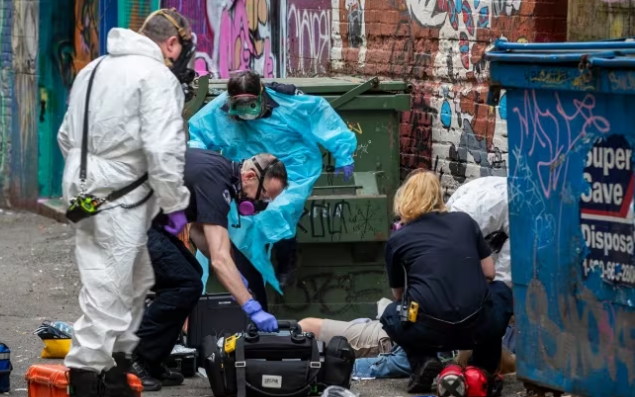
Get Help. Get Better. Get Your Life Back.
Searching for Accredited Drug and Alcohol Rehab Centers Near You?
Even if you have failed previously and relapsed, or are in the middle of a difficult crisis, we stand ready to support you. Our trusted behavioral health specialists will not give up on you. When you feel ready or just want someone to speak to about therapy alternatives to change your life call us. Even if we cannot assist you, we will lead you to wherever you can get support. There is no obligation. Call our hotline today.
(844) 597-1011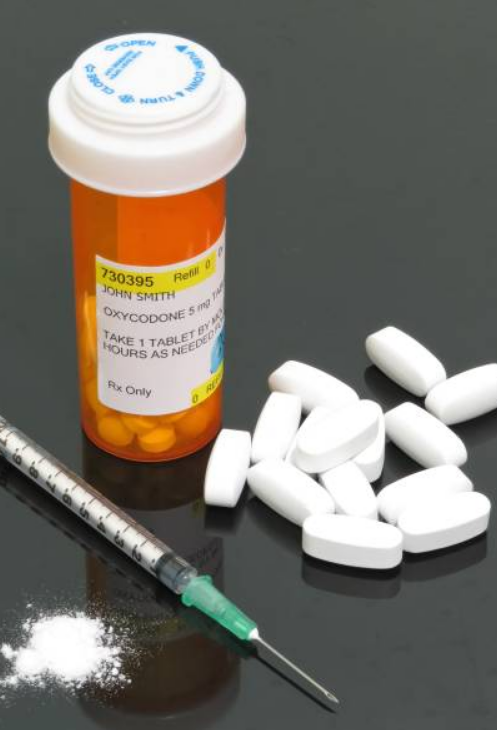
Fentanyl California
Fentanyl is a potent synthetic opioid associated with rising overdose deaths in California. It is often found mixed with other drugs, including heroin and counterfeit prescription pills, making it especially dangerous for users who may not be aware of its presence. Fentanyl-related overdoses have prompted public health initiatives and law enforcement efforts to combat its distribution and prevent fatalities in the state.
California Drug Test
- Employment Drug Testing: Many employers in California conduct drug tests as part of their hiring process or for ongoing employment, especially in safety-sensitive industries. However, California has specific laws regulating workplace drug testing to protect employees’ rights and privacy.
- Drug Testing for Probation or Parole: Individuals on probation or parole in California may be required to undergo drug testing as a condition of their release or supervision.
- Drug Testing in Schools: Some California schools, particularly those with a zero-tolerance policy, may conduct drug tests on students, often athletes or participants in extracurricular activities.
- Drug Testing for Legal or Medical Purposes: Drug tests may also be part of legal proceedings, such as child custody cases or DUI arrests, and for medical purposes, such as pre-surgery drug screenings.
The specific regulations and protocols for drug testing in California can vary depending on the context and the organization or institution conducting the test. Additionally, it’s essential to be aware that California has certain legal protections and restrictions to safeguard individuals’ privacy and rights during drug testing processes.
Drug Detox California
“Drug detox in California” refers to removing toxic substances, particularly drugs, from a person’s system in a safe and medically supervised environment. Detoxification is often the first step in recovering from substance abuse and addiction.
- Medical Supervision: Drug detox in California is typically carried out under the supervision of medical professionals. This is crucial because withdrawal symptoms can be severe and sometimes life-threatening. Medical staff can provide necessary medications and monitoring to ensure the individual’s safety.
- Detox Settings: Detoxification can occur in different settings, including inpatient detox facilities, outpatient detox programs, and hospitals. The choice of setting depends on the individual’s needs, the substance(s) involved, and the severity of addiction.
- Customized Treatment: Detoxification programs in California are often tailored to the specific needs of the individual. Medical professionals assess the type of substance used, the duration and intensity of use, and the person’s overall health to create a personalized detox plan.
- Withdrawal Management: One of the primary goals of drug detox is to manage withdrawal symptoms effectively. This may involve using medications to alleviate discomfort and reduce the risk of complications.
- Transition to Treatment: While detox addresses the physical aspect of addiction by eliminating the drugs from the body, it is not a standalone treatment for addiction. It is typically followed by comprehensive addiction treatment, such as therapy, counseling, and support programs, to address addiction’s psychological and behavioral aspects.
- Confidentiality and Privacy: California has strict regulations to protect the confidentiality and privacy of individuals seeking drug detox and addiction treatment. This is to encourage people to seek help without fear of stigmatization.
- Insurance Coverage: Many detox programs in California accept health insurance, including private insurance and Medicaid (Medi-Cal). Insurance coverage can help offset the cost of detoxification services.
If you or someone you know needs drug detox in California, you must seek assistance from a reputable treatment center or healthcare provider. They can guide the most suitable detox program based on the individual’s unique circumstances and substance abuse history.
First-class Facilities & Amenities
World-class High-Quality Addiction & Mental Health Rehabilitation Treatment
Rehab Centers TourRenowned Addiction Centers. Serene Private Facilities. Inpatient rehab programs vary.
Addiction Helpline(844) 597-1011Proven recovery success experience, backed by a Team w/ History of:
15+
Years of Unified Experience
100s
5-Star Reviews Across Our Centers
10K
Recovery Success Stories Across Our Network
- Low Patient to Therapist Ratio
- Onsite Medical Detox Center
- Comprehensive Dual-Diagnosis Treatment
- Complimentary Family & Alumni Programs
- Coaching, Recovery & Personal Development Events
We Level Up Luxury Drug Rehab California
As a world-class drug and alcohol detox rehabilitation center in California, We Level Up offers first-class treatment and modern amenities to enhance client therapy. We provide warm & attentive hospitality coupled with renovated living quarters in a tranquil therapy setting.
You’ll be surrounded by relaxing spaces facilitating your recovery to ease into your treatment programs. We Leve Up California Rehabilitation Center provides comfortable, stable, and friendly facilities created to satisfy and surpass client expectations and comfort. Your inpatient living quarters offer a retreat in secluded and manicured grounds with indoor and outdoor recreation areas. Visit us, take a private tour, and discover how We Level Up Treatment Center in California is a level above different chemical-dependent treatment programs.
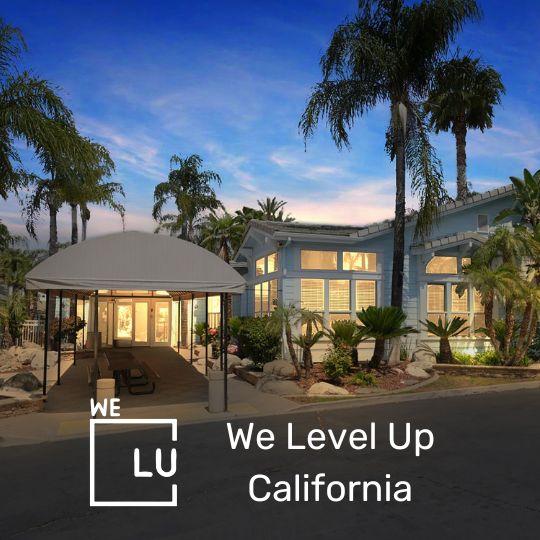
Photo Gallery of We Level Up Rehabs in California
World-class, Accredited, 5-Star Reviewed, Effective Addiction & Mental Health Programs. Complete Behavioral Health Inpatient Rehab, Detox plus Co-occuring Disorders Therapy.
CALL(844) 597-1011End the Addiction Pain. End the Emotional Rollercoaster. Get Your Life Back. Start Drug, Alcohol & Dual Diagnosis Mental Health Treatment Now. Get Free No-obligation Guidance by Substance Abuse Specialists Who Understand Addiction & Mental Health Recovery & Know How to Help.
Popular Drug Rehab California FAQs
-
Is there a Drug Rehab in California?
We Level Up offers drug and alcohol addiction treatment programs and help for co-occurring mental health conditions in California using only evidence-based treatments.
Experience Transformative Recovery at We Level Up Treatment Centers.
See our authentic success stories. Get inspired. Get the help you deserve.
Start a New Life
Begin with a free call to an addiction & behavioral health treatment advisor. Learn more about our dual-diagnosis programs. The We Level Up Treatment Center Network delivers recovery programs that vary by each treatment facility. Call to learn more.
- Personalized Care
- Caring Accountable Staff
- World-class Amenities
- Licensed & Accredited
- Renowned w/ 100s 5-Star Reviews
We’ll Call You
Powerful Video Overcoming Prescription Drug Abuse
Jen’s Addiction Recovery Story
Reclaiming My Life: Overcoming Addiction and Rebuilding Relationships
I longed for my old life, but addiction had turned me into a mere shell of myself. I yearned to regain the trust of my loved ones, especially my children and family. It all started innocently enough, with a car accident followed by getting caught up in the murky world of prescription medication. Before I knew it, I was trapped in a fog of addiction. My mind justified it, telling me it was okay because a doctor prescribed it.
Little did I realize, I was spiraling down a dangerous path. Thankfully, Level Up came into my life, providing support for my family and nurturing my personal growth. When I first walked through their doors, I was filled with fear and intimidation. However, their guidance and teachings have empowered me to discover my true self. And now, receiving a midday call from my twenty-one-year-old daughter, simply saying “I love you, Mom,” is nothing short of incredible.
Jen’s Addiction Recovery Testimonial
Search Drug Rehab California We Level Up Alcohol Poisoning Detox, Mental Health Topics & Resources
Sources
[1] Newman RK, Stobart Gallagher MA, Gomez AE. Alcohol Withdrawal. [Updated 2022 Aug 29]. In: StatPearls [Internet]. Treasure Island (FL): StatPearls Publishing; 2023 Jan-. Available from: https://www.ncbi.nlm.nih.gov/books/NBK441882/ tags: Drug Rehab California
[2] Alcohol Facts and Statistics – National Institute on Alcohol Abuse and Alcoholism (NIAAA)
[3] Nehring SM, Freeman AM. Alcohol Use Disorder. [Updated 2022 Jul 31]. In: StatPearls [Internet]. Treasure Island (FL): StatPearls Publishing; 2023 Jan-. Available from: https://www.ncbi.nlm.nih.gov/books/NBK436003/ tags: Drug Rehab California
[4] Alozai Uu, Sharma S. Drug and Alcohol Use. [Updated 2022 Jun 21]. In: StatPearls [Internet]. Treasure Island (FL): StatPearls Publishing; 2023 Jan-. Available from: https://www.ncbi.nlm.nih.gov/books/NBK513263/ tags: Drug Rehab California
[5] Alcohol use disorder – Available from: https://medlineplus.gov/download/genetics/condition/alcohol-use-disorder.pdf tags: Drug Rehab California
[6] Huebner RB, Kantor LW. Advances in alcoholism treatment. Alcohol Res Health. 2011;33(4):295-9. PMID: 23580014; PMCID: PMC3860532.
[7] Center for Substance Abuse Treatment. A Guide to Substance Abuse Services for Primary Care Clinicians. Rockville (MD): Substance Abuse and Mental Health Services Administration (US); 1997. (Treatment Improvement Protocol (TIP) Series, No. 24.) Chapter 5—Specialized Substance Abuse Treatment Programs. Available from: https://www.ncbi.nlm.nih.gov/books/NBK64815/ tags: Drug Rehab California
[8] LaHood AJ, Kok SJ. Ethanol Toxicity. [Updated 2023 Mar 13]. In: StatPearls [Internet]. Treasure Island (FL): StatPearls Publishing; 2023 Jan-. Available from: https://www.ncbi.nlm.nih.gov/books/NBK557381/
[9] Alcohol’s Effects on Health – National Institute on Alcohol Abuse and Alcoholism (NIAAA)
[10] Alcohol’s Effect on Health: NIAAA brochures and fact sheets – National Institute on Alcohol Abuse and Alcoholism (NIAAA)

